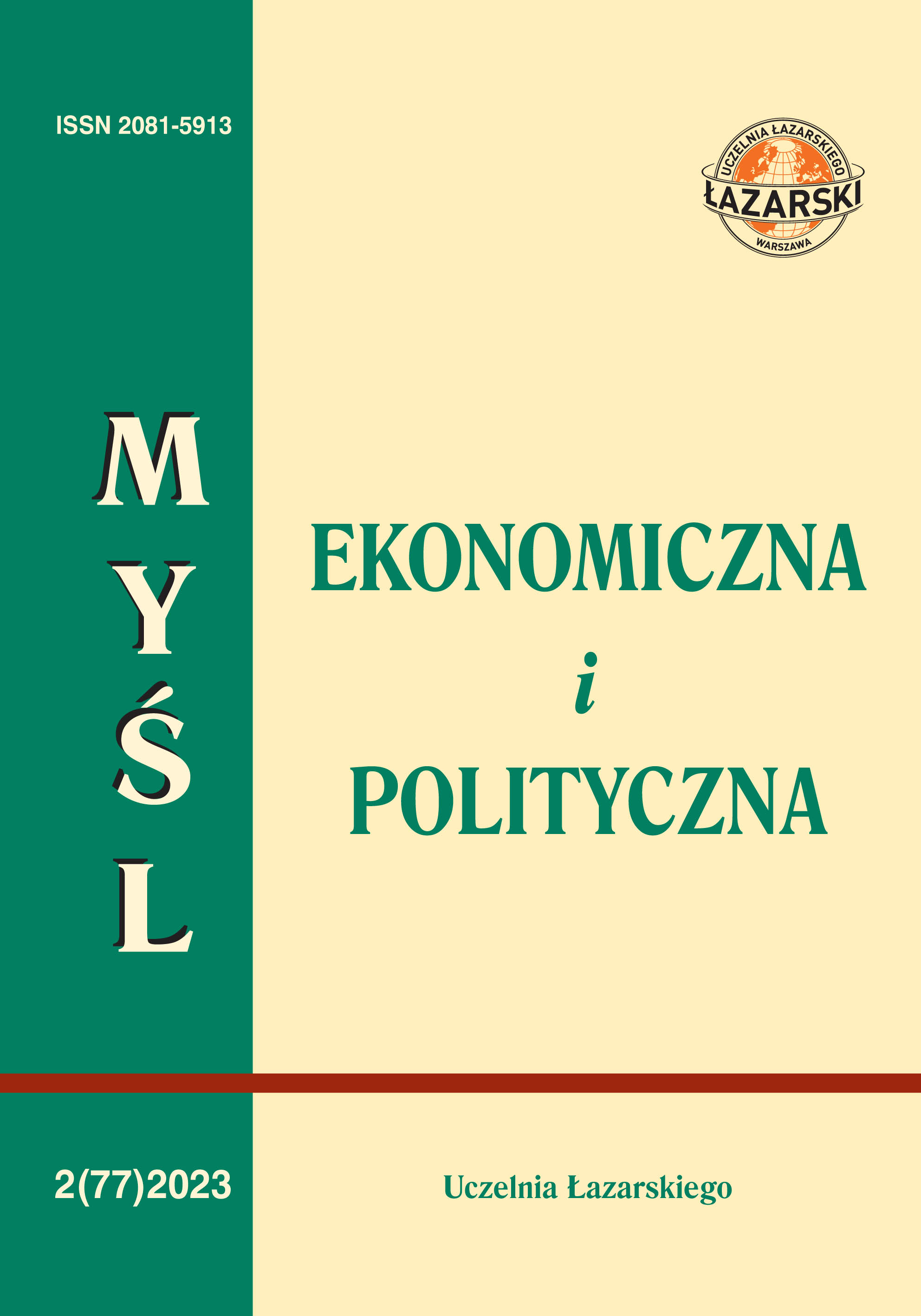Abstract
The article refers to the Weimar Triangle. It reveals its genesis, goals, acti- vities, successes and failures, and prospects for renaissance, as discussed, among other things, at the May 12, 2023 meeting of the Weimar Triangle countries’ European affairs ministers with the Deputy Prime Minister of Ukraine. The Weimar Triangle was formed at a difficult time for Poland and Europe (after the reunification of Germany on October 3, 1990), but before the collapse of the Soviet Union in December 1991, which had a negative attitude toward Poland’s political transformation (begun in June 1989) and its Euro-Atlantic aspirations. The Russian Federation under Vladimir Putin has a similar negative attitude toward Ukraine’s Euro-Atlantic aspirations. The Weimar Triangle seems to be one of the greatest success of Poland’s post- 1989 foreign policy, the main goal of which was accession to Euro-Atlantic structures, in order to thus ensure its sovereignty and strengthen its security. In this aspect, it should be said that the Weimar Triangle has fulfilled its function. It has had many successes, but also failures and missed opportunities. It also played a positive role in the process of Poland’s “return” to Europe after 1989. The main thesis of this article is the observation that without the Weimar Triangle, the integration of post-communist Europe, especially in 1991–2009, would not have been as dynamic and effective as it was then, and Poland’s path to Euro-Atlantic structures would have been much more diffi- cult. I conclude that given the increasingly complicated international situation today, the Weimar Triangle should continue to play an important role in the foreign policy of Poland, Germany and France, and the European Union. It could also play an important role in ending the Russian-Ukrainian war and Ukraine’s accession to the European Union and NATO. Therefore it should resume its activities as soon as possible.

This work is licensed under a Creative Commons Attribution-NonCommercial-ShareAlike 4.0 International License.

